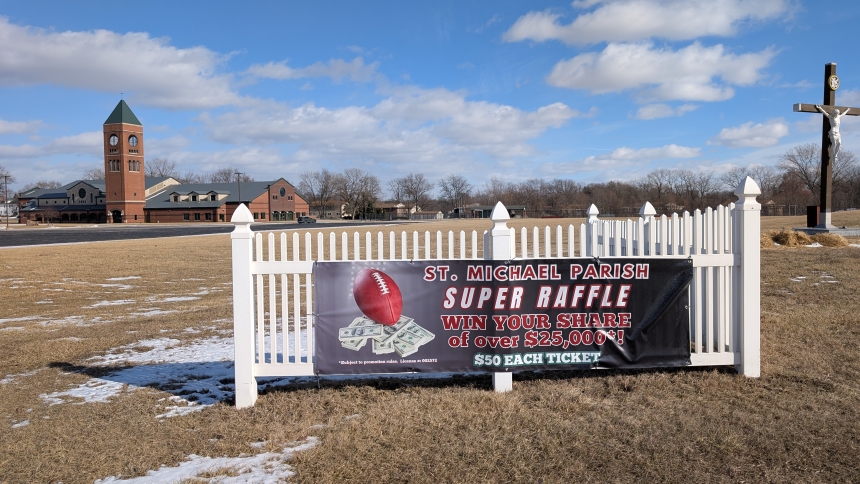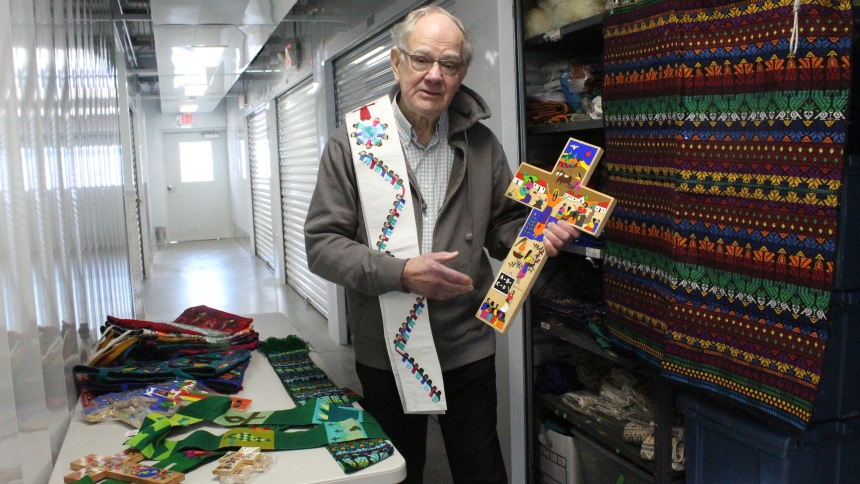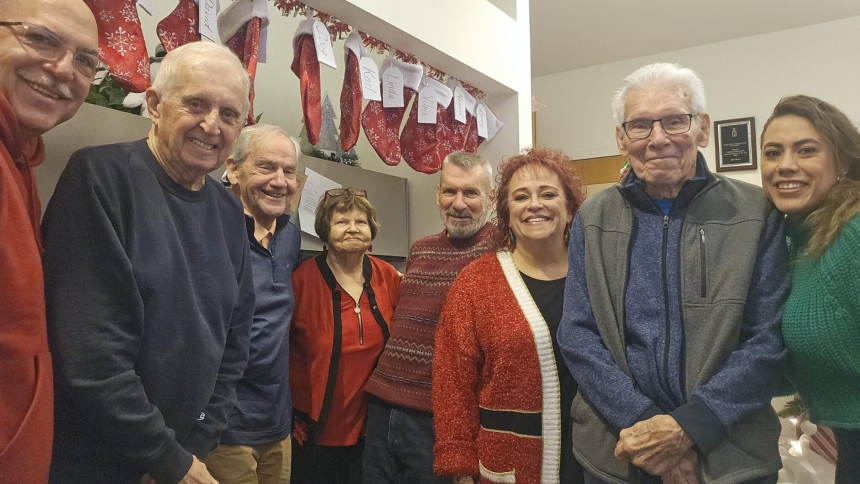
Configuration? Vocational Synthesis? Propaedeutic? Why all the new, complicated verbiage?
As you examine closely the upcoming vocations posters soon to be plastered on the walls of our churches, you will notice that the language describing our seminarians’ formation stages is a bit peculiar.
The reasons for the change? One is to update the Program for Priestly Formation (PPF), which governs all priestly formation in the United States. The PPF 6th edition, promulgated in June 2022, is meant to conform to the Vatican’s 2016 document Ratio Fundamentalis, which says that “seminaries should form missionary disciples who are ‘in love’ with the Master, shepherds ‘with the smell of the sheep.’”
Indeed, those words encapsulate the vision of our Holy Father, Pope Francis, for those invited to be pastors of God’s people.
The other reason for the changes in language stems from reflection on the lived experience within seminary and diocesan life in the United States. Two main issues stand out: (1) At the beginning of formation, seminarians did not receive enough training in prayer and basic human development before being tossed into the academic arena; and (2) at the end of formation, newly-ordained priests were not being gradually “eased” into parish ministry, but were abruptly experiencing culture shock from the demands and challenges of the parish, for which they had been ill-prepared in the seminary. The recent modifications in seminary formation are meant to address these issues.
I became vocations director of the Diocese of Gary on July 1, which means I am diving right into these changes, which are actively taking effect over the coming years.
The breakdown of the change in language, which divides seminary formation into four stages, is as follows:
Propaedeutic Stage
Prepare the way of the Lord, make straight his paths (Mk. 1.3)
The Propaedeutic stage, meaning preparatory or initial, is the first stage of seminary formation, lasting about twelve months. These seminarians live in a community separate from the rest of the seminarians – similar to a novitiate in religious life – in which they develop a deeper life of prayer, grow in community engagement and service, and study Scripture and the Catechism.
Discipleship Stage
As the Father loves me, so I also love you. Remain in my love (Jn. 14.9)
The Discipleship stage, which encompasses our younger college students studying philosophy, is meant to train the seminarian’s character in Christian virtue. The seminarian is formed to be an intentional disciple of Jesus Christ and, ultimately, ought to be able to “clearly articulate his call and conviction to be a priest” (PPF 134).
Configuration Stage
I am the Good Shepherd, and I know mine and mine know me (Jn. 10.14)
The Configuration stage, which includes our men studying graduate-level theology, marks a transition from being formed as a disciple of Christ to being configured to Christ, the Shepherd and Servant. The Rite of Admission to Candidacy for Holy Orders takes place at the beginning of this phase.
Vocational Synthesis Stage
Go, therefore, and make disciples of all nations (Mt. 28.19)
The Vocational Synthesis stage, the final stage of priestly formation, begins upon ordination to the diaconate. Rather than continuing studies until the conclusion of the academic year, the deacon transitions to full-time parish ministry during his final months before priesthood ordination. This allows him to be well-acquainted with parish ministry as a cleric before day one of his first assignment.
As you glance at the new vocations poster, laden with its fancy, unique language, be sure to say some extra prayers for our seminarians, that the Lord will mold them into shepherds who “smell like” those under their care. After all, one of them may land in your parish sooner than you think.
Father Nathaniel Edquist was ordained to the priesthood in 2017, and after serving as associate pastor at St. Patrick in Chesterton for three years and at Sacred Heart, St. Joseph, and St. Peter churches, known as Holy Family Parish, in LaPorte, for another three years, he was named pastor of Holy Family Parish in April. He became an assistant director of the Diocesan Office of Vocations in 2021 and on July 1 accepted the assignment as director of the Office of Vocations.



